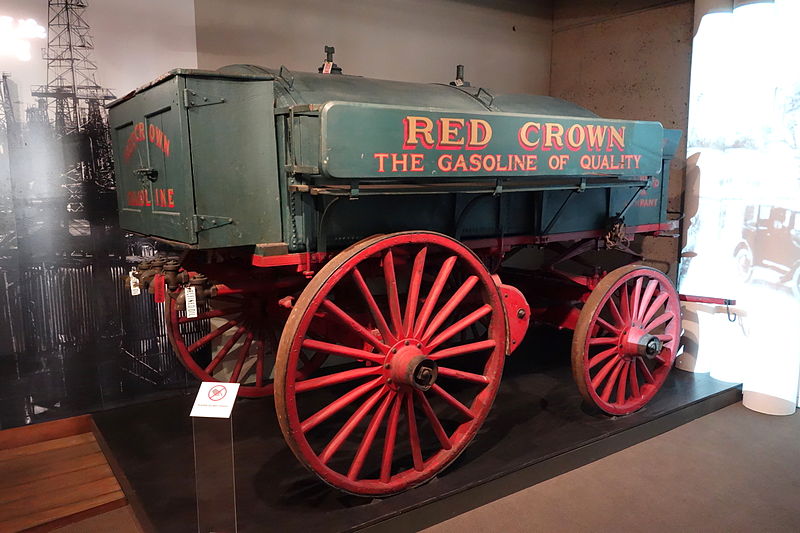
With the global oil production war colliding with the Chinese coronavirus drop in aggregate demand, the price for crude on international markets has plummeted to near record lows and shows no near-term sign of recovery. However, that hasn't stopped big-government California from continuing to hike regulations and taxes on gasoline as legislators fall over each other trying to kill the hydrocarbon industry in the state.
Despite macro conditions, California residents still pay over $3 a gallon for gas, almost double the national average.
"That Hawaii has high prices is clear. But why is California the only other state with over $3/gallon while 50% of all states are under $3 and the other 50% under... $2?" asked one frustrated Bay Area resident.
The San Diego Tribune printed reader comments showing the public's anger:
OK, when is someone in our state going to make an honest effort to get to the bottom of our outrageous gasoline prices?
Oil prices have plummeted and gasoline prices remain sky high. All I keep hearing is “we’re switching to the summer blend,” and “Oops, sorry. We’ve just had another one of our obligatory refinery fires.”
When is someone going to take this issue head on and work to get relief for California drivers? Time for legislators and media outlets to start doing something about this travesty in earnest. Enough is enough. I can’t be the only person irritated by this whole pricing sham.
The answer is...you guessed it...taxes and regulation.
However, the Trump administration's directive that states cannot set their own fuel economy standards that go against Federal law may change all that; environmental groups are of course challenging this in court, with the outcome still unclear.
Trump administration officials have eased tailpipe-emissions standards, a move they say will boost car sales and lower new-car prices but which has been blasted as shortsighted by environmentalists, writes the Wall Street Journal.
The new standard was signed by Environmental Protection Agency Administrator Andrew Wheeler and the National Highway Traffic Safety Administration’s Acting Administrator James Owens late Monday and was announced Tuesday. It will roughly cut in half current fuel-efficiency gains auto makers need to make in the cars.
Subscribe to our evening newsletter to stay informed during these challenging times!!